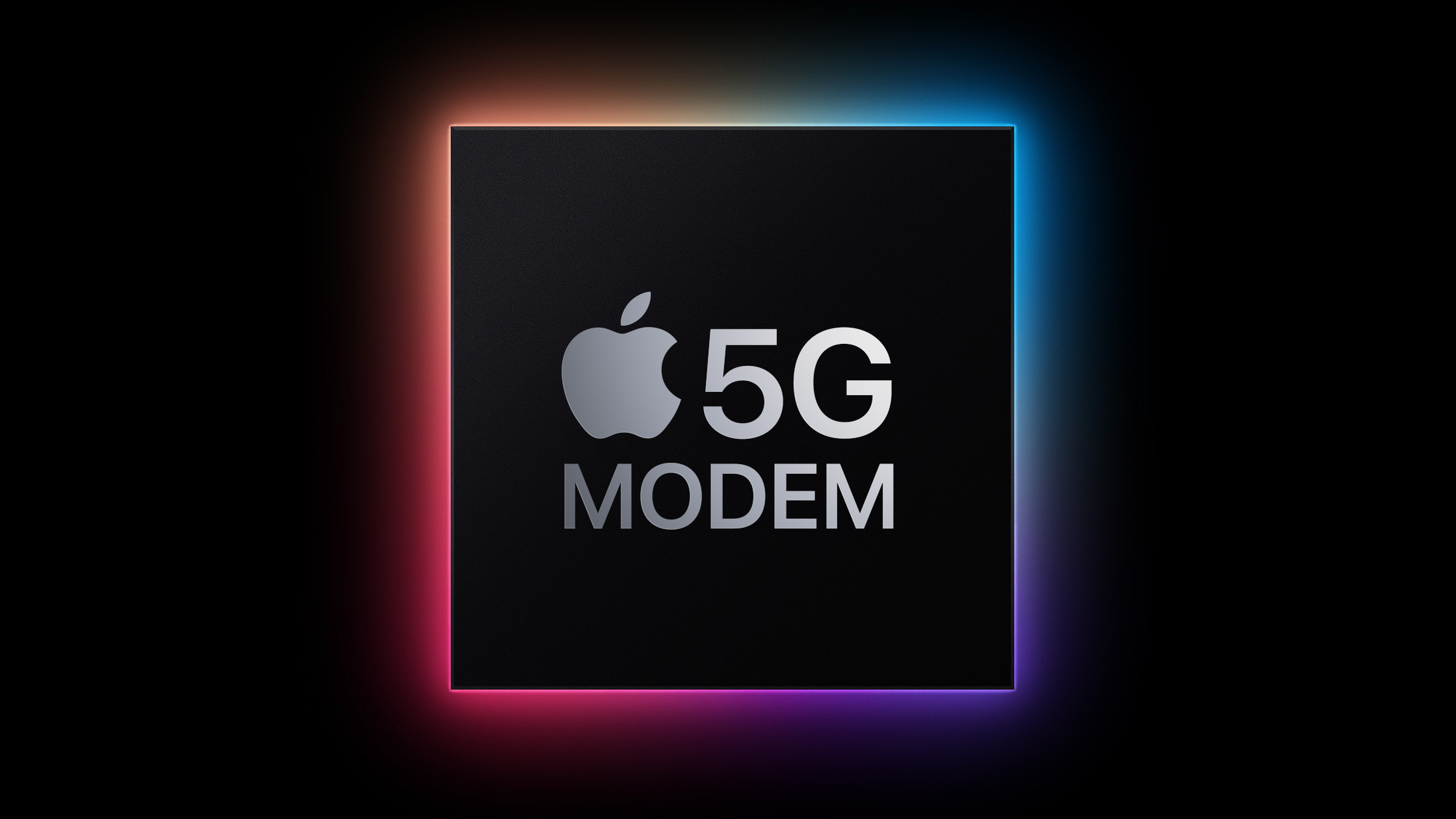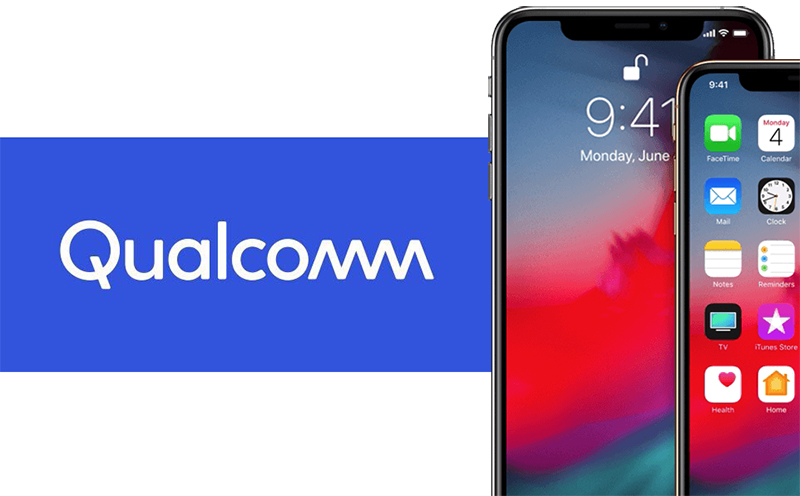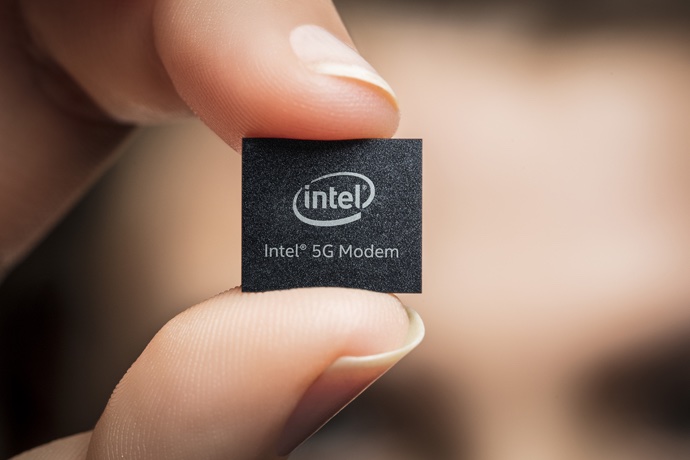
For the last several years, Apple has been working to create its own 5G modem, with the eventual goal of eliminating the need to use third-party modem technology. Apple's 5G modem is inching closer to completion, and we could see the first iPhone with an Apple modem in 2025.

This guide covers everything we know about Apple's 5G modem development.
First Products With Apple's 5G Modem
Swapping out a modem chip might not sound like a big deal, but tweaking cellular technology can have a major impact. Apple has to make sure that its 5G modem is as good or better than 5G chips from its current modem supplier Qualcomm before transitioning to its own technology.

For that reason, we're expecting the 2025 iPhone SE 4 to be the first Apple device with the Apple-designed 5G modem. It is a lower volume device than a flagship smartphone, and it will let Apple see modem performance at scale in consumer hands before bringing the Apple modem to the main iPhone line.
According to current rumors, iPhone SE 4 will come out in early 2025, likely sometime before April. After Apple releases the iPhone SE 4 with Apple modem, we could see it in a second device soon after. Rumors suggest that the low-cost iPad will also get the Apple modem chip early in the year.
Apple analyst Ming-Chi Kuo has suggested that the ultra-thin iPhone 17 "Air" that's in development will use the Apple modem, with the device set to launch in September 2025 alongside the iPhone 17 and iPhone 17 Pro models. Apple will ship an estimated 35 to 40 million iPhone units with the Apple modem in 2025, and from there, if all goes well, more iPhones will adopt the technology in 2026 and 2027.
No mmWave 5G
In September, DigiTimes suggested that Apple's first 5G modem chip would not support faster mmWave technology, and would instead be limited to sub-6GHz 5G. mmWave 5G is the fastest 5G, but it is short range and limited to big venues and major cities. In suburban and rural areas, sub-6GHz is used.
Sub-6GHz isn't as fast as mmWave 5G, but it is much longer range, which makes it more viable for widespread use. DigiTimes believes that Apple will continue to rely on Qualcomm modems for iPhone models that support mmWave, which is essentially U.S. iPhones. mmWave is still limited in availability in many countries, so Apple only has mmWave-capable modems in iPhones sold in the United States.
Bloomberg's Mark Gurman has confirmed that the first version of Apple's 5G modem will not support mmWave.
Modem Speeds
Apple's modem chip will support theoretical download speeds of up to 4Gb/s, so it will be slower than the Qualcomm modems in the current iPhone 16 models. Real-world data speeds are often much slower than theoretical maximums, so the actual difference may not be as pronounced, if at all.
Modem Benefits
The chip will not be as fast as Qualcomm's chip, but it will use less power, and it will include improved cellular network scanning and satellite connectivity enhancements.
Qualcomm Dispute
Right now, all iPhones use Qualcomm 5G modems, and Apple has to buy the modem chips and pay a patent licensing fee for using Qualcomm technology. Back in 2017, Apple sued Qualcomm over anticompetitive patent licensing practices and also claimed that Qualcomm had failed to pay more than $1 billion in royalty rebates.

After filing the lawsuit, Apple attempted to cut ties with Qualcomm and opted to use only Intel modem chips in the 2018 iPhone XS/XR models and the 2019 iPhone 11 lineup. Apple had used Intel chips for some iPhones in the past, opting for a mix of Qualcomm and Intel modems in different regions, but Apple wanted to stop relying on Qualcomm entirely.
Intel-only chips were fine for the 2018 and 2019 iPhones, but for the 2020 iPhone 12 lineup, Apple wanted to transition to 5G technology. Apple's plan was to use Intel 5G chips, but Intel struggled with development. Intel missed developmental deadlines, and it became clear that Intel 5G chips were not going to happen.
Apple needed the 5G modems from Intel to be functional and ready to test by summer 2019, and completed chips needed to be shipped to Apple in early 2020, which wasn't going to happen. Apple spoke with Samsung and Mediatek about the possibility of 5G modems to avoid having to make amends with Qualcomm, but it turned out Qualcomm modems were the only option.
In April 2019, Apple settled with Qualcomm and the two companies dropped all litigation. Apple paid Qualcomm $5 to $6 billion in late royalty fees, and agreed to continue to pay ongoing patent royalties for every iPhone manufactured, plus the company signed a six-year licensing deal with Qualcomm.
The 2020 iPhones ended up using Qualcomm's 5G chips, and every iPhone after that has also used Qualcomm technology. Apple most recently extended its modem licensing deal with Qualcomm through March 2027, so we will likely see Qualcomm modems in some devices up until then as Apple transitions to its own technology.
Intel Purchase
Just after Apple settled with Qualcomm, Intel announced plans to exit the 5G modem business. Intel was not able to make a 5G modem to compete with Qualcomm, and that was the end of Intel's modem business. Intel met customer commitments for existing 4G modems, but then-Intel CEO Bob Swan said there was "no clear path to profitability and positive returns" in the smartphone modem business.

Intel decided to sell off its modem business, and Apple ultimately opted to acquire it. In July 2019, Apple and Intel inked a deal that saw Apple purchasing the majority of Intel's smartphone modem business. Approximately 2,200 Intel employees joined Apple, and... Click here to read rest of article
Article Link: What You Should Know About Apple's 5G Modem
- Article Link
- https://www.macrumors.com/guide/apple-5g-modem/
Last edited:

